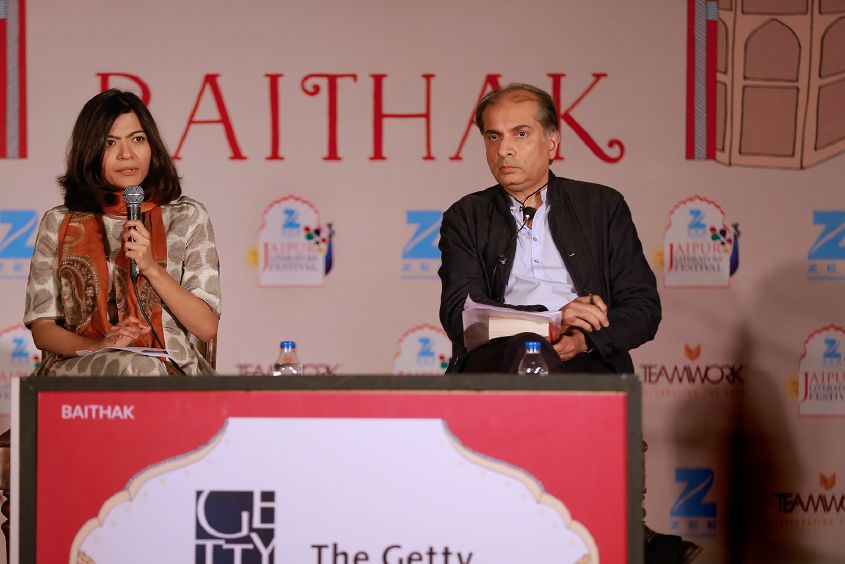The past, as someone once said, is a foreign country. And the historian’s job is to familiarise us with that alien landscape, to give us at least a sense of all the confounding paradoxes, complexities and contradictions of recorded history. Sunil Khilnani’s new book, Incarnations: Indian In 50 Lives, is an attempt to bring back to public discourse the stories of some of this country’s more significant historical protagonists and, in Khilnani’s words, “to demythologise and humanise them”.
“I have tried to find a way to bring them back to life” said Khilnani, who is among the speakers at the Jaipur Literature Festival 2017. “But I am also interested in the ‘afterlife’ of these figures. In how these lives get used up and repurposed for present-day battles.”
Incarnations is indeed a rigourously researched book, whose historical scope spans all the way from ancient India – there’s a chapter devoted to the Buddha – to the modern republic. “These stories are based on historical facts. But at the same time, this is my reading of these characters,” Khilnani said at one of his sessions here at the JLF.
His chapters on Tagore and Vivekananda offer original and much-needed critiques of these popular icons, who now appear, in our history books, as one-dimensional characters neatly fitting the stereotype of “great souls”. Khilnani said, “Vivekananda was a much more universal thinker and was a critic of Hinduism. He was trying to criticise Indian society using universal principles like equality and tolerance… Tagore, whom we now think of as a great nationalist poet, was our greatest critic of nationalism. The position from which Tagore criticises naitonalism is the position of individual and personal freedom.”
Jawaharlal Nehru is one personality conspicuously absent
And Nehru’s ideas are important to Khilnani, who is working on a biography of India’s first Prime Minister. “Nehru was a very moderate figure,” Khilnani said. “In an age of extremes, to borrow the title of one of historian Eric Hobsbawms’s books, Nehru did try to take a more moderate path. The ability not to be seduced by the simple, big, bold answers; not pulling entirely on the levers of power that you have can be a really sensible choice. In this country, we ought to be thankful for the boring and the moderate.”

